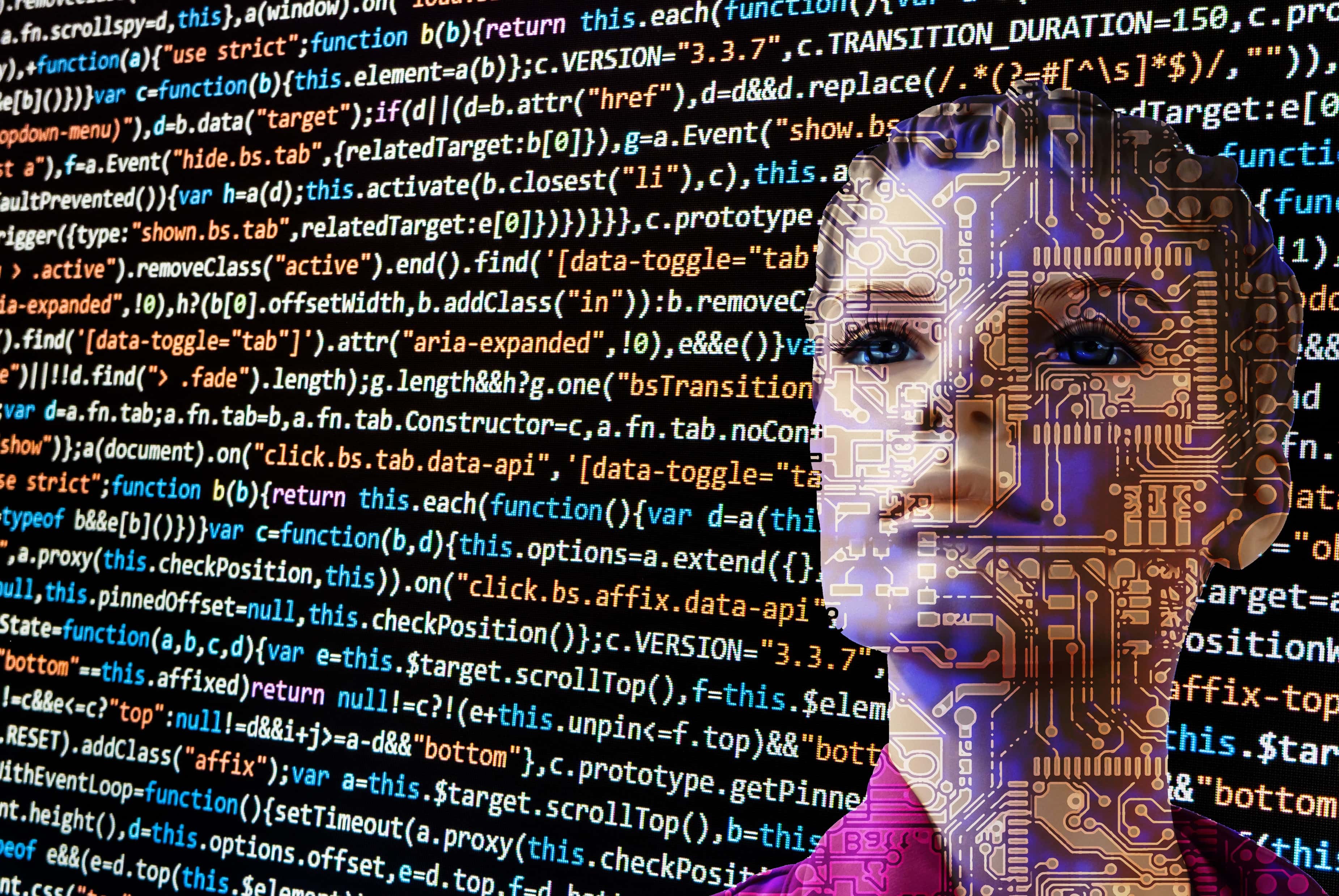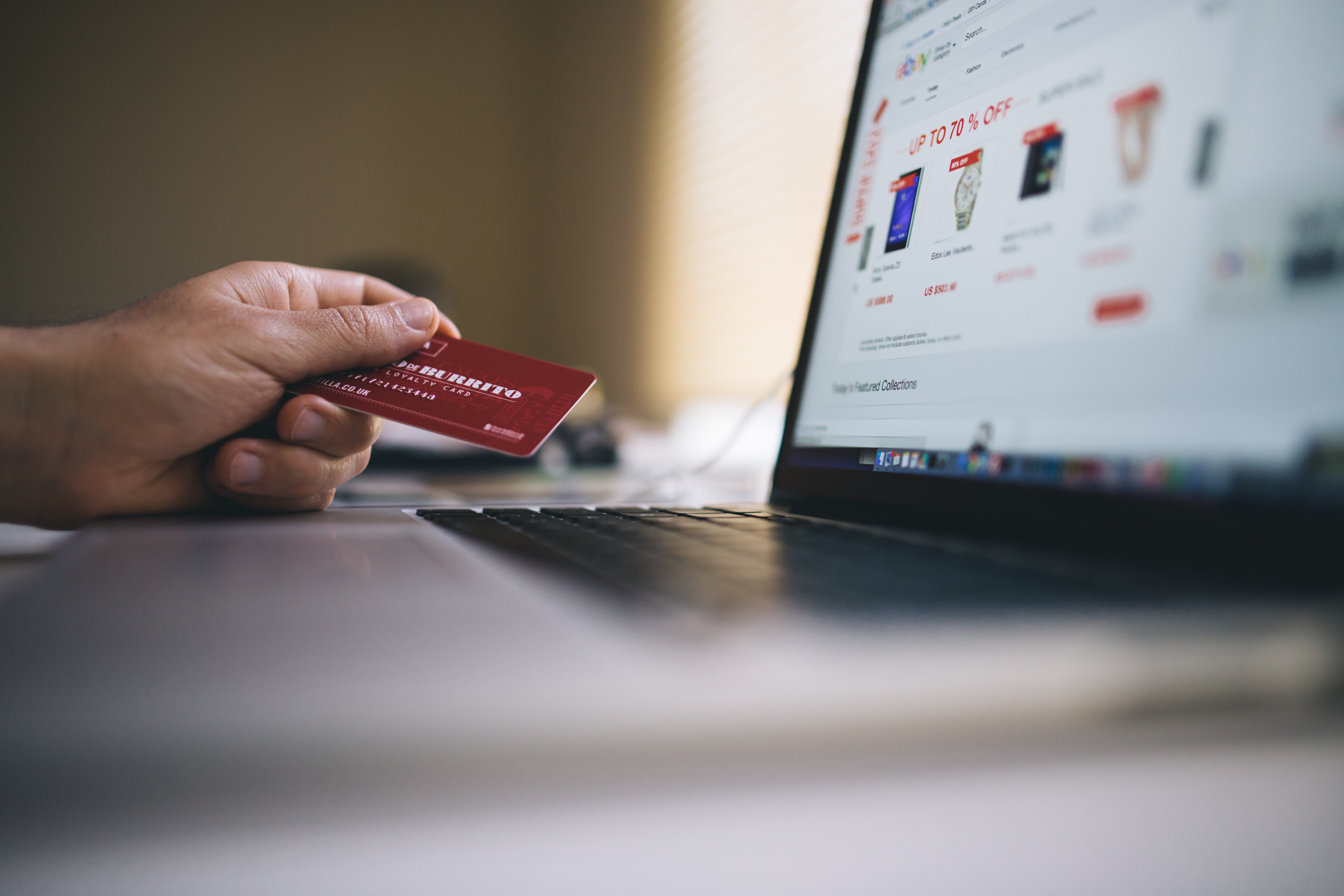- October 15, 2018
- Posted by: fyber
- Category: Uncategorized
Machine learning is an application of AI. It provides the system ability to automatically learn and improve from experience without being especially programmed.
Machine learning focuses on the development of computer programs that can access the data and use it to learn themselves.
It is a category of an algorithm. That allows a software application to become more accurate in predicting outcome without being explicitly programmed.
But the basic basis of machine learning is to build algorithms that can receive input data and use statistical analysis to predict an output.

Machine Learning: Final output depends on the following point.
1.Quality of the data:
The more data is diverse and rich that helps better the machine to find patterns and more precise the result. For example, here some ways describe how and which data can be captured by travel industry providers.

The datasets are usually very high demand which has good quality. And sometimes the companies literally have to search for the decent datasets.
2. Features:
Features are important inputs that the existing data contains. Like user gender/ location/browser extension etc. Usually, data has more information that is required to build the model, so it is essential to select the important features. During this process, either the analyst or modeling tool selects or discards the attributes depending on how useful they are for study.
3. Algorithm:
The algorithm is that analyzes the data looks for patterns or trends and then finds the optimal parameters for creating the model. It’s quite a tough work to choose the best algorithm to solve a specific task. Because each algorithm can generate a different result and some of them generate more than one kind of result.
AI: Definition
AI is the short form of Artificial Intelligence. It is an area of computer science that emphasizes intelligent machines that work and react like humans.
The Fathers of AI Minsky and McCarthy described artificial intelligence as any task which is performed by a program or a machine that, if a human carried out the same activity, we would say the human had to apply intelligence to complete the task.
AI systems will generally demonstrate at least some of the following behaviors associated with human intelligence: planning, learning, reasoning, perception, motion, problem-solving, knowledge representation, and manipulation and, to a lesser extent, social intelligence and creativity.
Machine Learning and AI: Uses in the Travel Industry
Machine Learning and AI are used in the various field. But nowadays, it mostly used in the travel industry. Travel industry developing very fast by using machine learning and AI.
The travel industries have changed a lot, thanks to the internet. you now book your flights, hotel, food and any other accommodation online.
According to a survey in 2016, about 33% of people actually book their hotel online. And this is the stunning figure when you consider, how much of our work and personal lives have been digitized.
Real life use cases of Machine learning and AI
1.Flight fare and hotel price forecasting:
Flights fare and hotel prices are not kept stable. Their price always varies and depending on the provider. It is not possible to track all changes manually. Hence, smart tools which monitor and send out time to time alerts with hot deals, which are currently in high demand in the travel industry.
2.Intelligent travel assistants
Now convenience is the king in today’s world, smart concierge services, powered by AI are gaining momentum in various industries. Travel booking is only one of the areas being heavily automated with the help of algorithms.
Intelligent programs that trained to perform a certain task on a user’s request are usually referred to as “chatbots” or “bot.”
Instant messaging platforms are widely adopted by some famous brands as a great way to reach out to the clients and build better customer relations.
For example, Hyatt is a global hospitality leader and has been using social platforms to connect with its customers since 2009. Recently, the company expanded its customer support toolset by connecting with Facebook Messenger.
Yet such 24/7 mobile customer support requires significant resources, both human and financial. This is where AI-powered virtual assistants come in handy.
Most often integrating with popular instant messaging apps, such as Facebook Messenger, Slack, Skype or Telegram, virtual travel assistants are trained to perform various tasks.
From searching for the booking flights, cheapest deal and making hotel reservations, to planning whole trips and enhancing your overall travel experience through useful information and valuable suggestions about popular tourist destinations, local attractions, places to eat, these are the most popular ways to use AI bots.
By typing “/hipmunk I need to get from SFO to ORD on November 5” on Slack, you can get the most up-to-date flight options, including prices.

You can also try another popular travel booking service “kayak”. That allows you to plan your next trip directly from your Facebook Messenger app.
This chatbot is also more human-like, so you don’t need any special commands. It understands simple questions and responds in a casual and in a conversational style.
3. Optimized disruption management
The previous case is focused mostly on planning trips and helping users navigate, that is the most common issues while traveling but automated disruption management is somewhat different. It aims at resolving actual problems that a traveler might face on his/her way to a destination point.
Disruption management is always a time-sensitive task. It requiring instant response while the chances to get impacted by a storm or a volcano eruption are very small.
The risk of a travel disruption is still high, there are thousands of flights are delays and hundreds of canceled almost every day.
Now, it became possible to predict such disruption and efficiently mitigate the loss for both the traveler and the carrier because of the recent advances in technology.
Travel disruptions based on available information about current delays, weather and other airport service data. Thus, an algorithm trained to monitor this data can send out timely notifications, alerting the users and their travel agents about upcoming disruptions, and automatically put a contingency plan into action.
For example, if there is a heavy rainfall or snowfall at your destination point and all flights are redirected to another airport, a smart assistant can check for available hotels there or book a hotel and transfer from your actual place of arrival to your initial destination.
Not only passengers are affected by travel disruption. Airlines bear important losses everytime a flight is canceled or delayed.
Hence one of the leading global distribution systems (GDS), has introduced Scheduled Recovery systems, that aims to help airlines mitigate the risks of travel disruption.
A data science-powered recommendation engine is a tool that helps airlines instantly address and efficiently handle any threats and disruptions in their operations.
4. Fraud Detection and Fraud Prevention Analytics
Because of the rise in different channels and online booking, fraud is becoming increasingly common in the travel industry. The main problem is how to quickly determine the root cause of incidents and then contain and solve them.
AI tools use natural language processing, computer vision, and machine learning that can analyze extensive data sets as well as various data. The AI systems can identify strange behavior and create risk scores in order to build a full understanding of each payment transaction.
There are different types of fraud Machine language and AI can help travel companies to track:
- payment fraud when credit card information is stolen
- fake accounts creation
- content abuse
- account takeover
The machine learning and AI can help with proactive diagnostics and mitigation for continuous cybersecurity improvement.
5. Social media analysis
According to Amadeus, approx 90% of US travelers share photos of their holidays and post their overall travel experience on social media and review portals via smartphones. It can help business in making significant changes in their services to give a better customer experience.
TripAdvisor is an interactive travel forum. It has a count of 455 million unique visitors. As of March 2018, approx there are 600 reviews and opinions on it. To understand the sentiments behind the reviews, this portal is a huge platform for travel businesses.
Sentiments analysis is the branch of supervised learning. It aims at exploring textual data to define and rate the emotional and factual quality of it.
Google Cloud Natural Language API is an off the self-application programming interface that can be tweaked and combined with analytical tools to provide real-time analysis of all brand-related reviews.
6. UX personalization in airlines
According to the report of McKinsey 2016, travel companies and airlines, in particular, have a 23x greater likelihood of customer acquisition, 19x larger likelihood of profitability, and 6x customer retention, if they are data-driven. And the use cases of data science in the airline industry is increased.
While mostly relate to disruption management and delay predictions, some are purely oriented toward UX personalization. For instance, United Airlines used to have a “collect and analyze” approach to their data.
But now they’ve adopted an updated version of this principle. Since 2014, they have applied method “detect and collect act” when working with their landing pages.
The company tracks customer behavior, collecting data with more than 150 variables, including individual and general historical data. This dataset is used to make detailed customer segmentation and adapt UX in real time depending on the category a particular user belongs to.
conclusion:
Machine learning and AI is very useful in many fields. But its use in the travel industry is very increasing. After using Machine learning and AI, the travel industry is very affected in a positive way. Travel services attract traveler because of the use of machine learning and AI in the travel industry.



